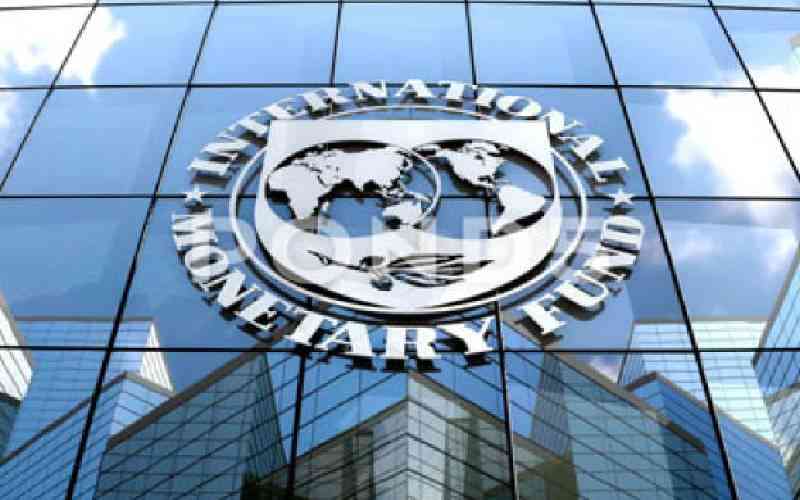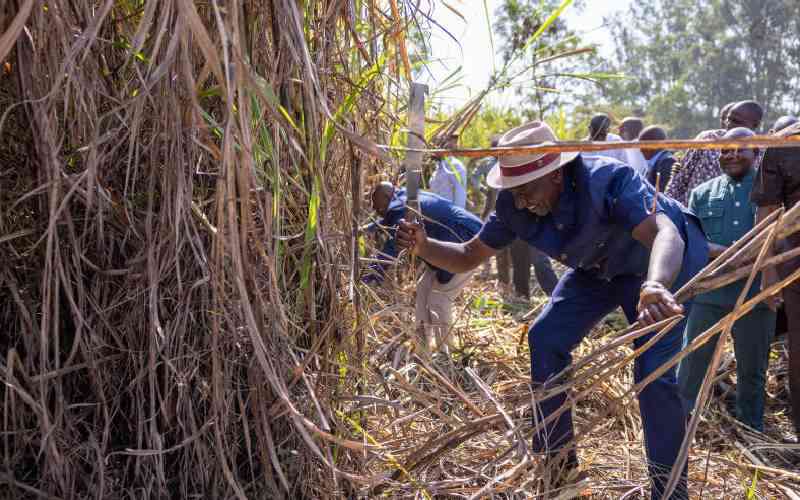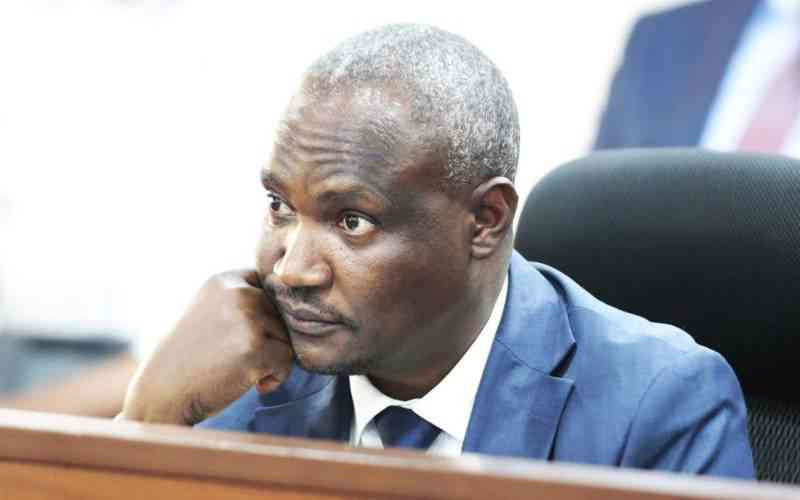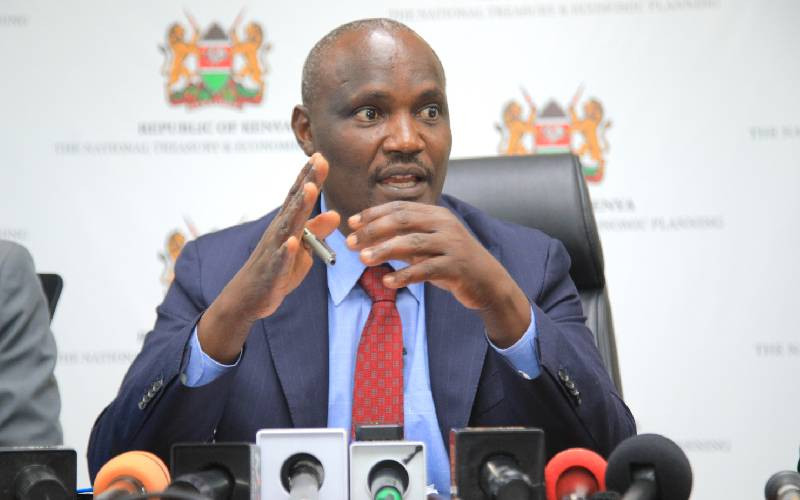×
The Standard e-Paper
Read Offline Anywhere
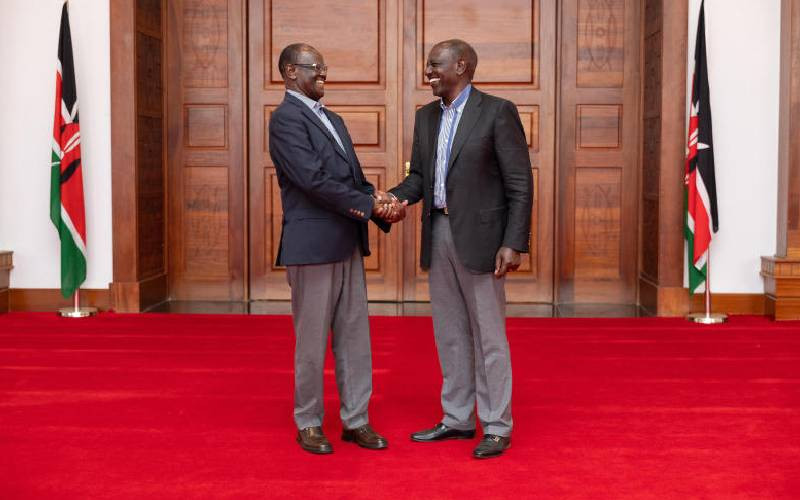
Folks, I'm sorry I broke my New Year resolution to steer clear of politics and politicians after only a few days, but I couldn't resist the temptation of touching former Kiambu governor William Kabogo's bald head with a razor-sharp pen.
Or marvel at the former Meru Governor Kiraitu Murungi's overnight commute from Meru so that he was at the State House in Nairobi at sunrise-only hours after he had spoken about the perceived marginalisation of folks at Kiunyu village in Meru.
